18 Hidden Signs Your Child Is Gifted That Schools Consistently Miss
Gifted children often display unique traits that traditional education systems overlook. These subtle signs reveal exceptional intelligence and creativity that may not align with typical academic achievements.
Recognizing these hidden indicators can help nurture your child’s potential, providing opportunities for growth beyond standard classroom settings.
1. Asking profound questions at a young age
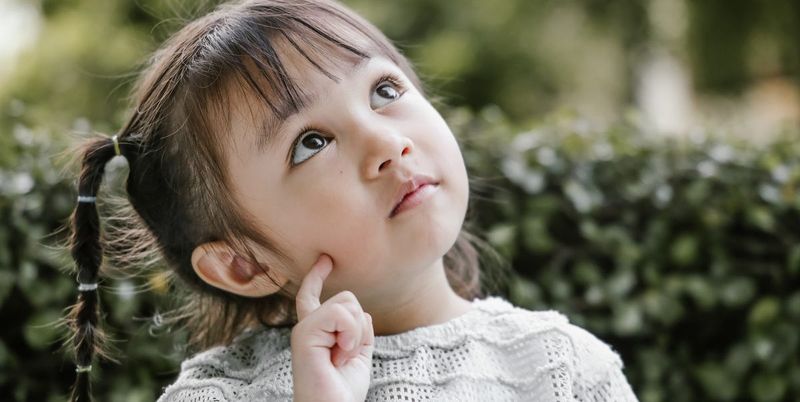
“Why is the sky blue?” A question that many children ask, but for gifted kids, these questions dive deeper. At an early age, they seek complex answers that challenge adult perspectives. They ponder life’s mysteries and often catch adults off-guard.
Conversations with them can feel like chats with a philosopher, revealing their intellectual depth. Parents may notice that their child doesn’t settle for simple explanations, craving more than textbook answers.
While other kids might ask “why”, a gifted child may inquire “how” and “what if”, showing a desire to understand the world around them. Their questions reflect a deep, often unquenchable, thirst for knowledge that is both exhilarating and demanding.
2. Hyperfocus on topics they love

Ever seen a child so absorbed in an activity that the world fades away? Gifted children often exhibit hyperfocus, showing an intense passion for subjects they love. This ability allows them to dive deeply into topics, exploring every detail with unwavering interest. It’s as if time stands still when they’re engrossed in their favorite activities.
This hyperfocus can lead to remarkable expertise in areas like art, science, or music, often surprising adults with their in-depth knowledge. Parents might find their child losing track of time while engaged in their interests, demonstrating a love for learning that extends beyond the classroom.
3. Sensitivity to injustice and fairness

Gifted children often have a heightened sense of justice. From an early age, they can detect unfairness, whether it’s in playground dynamics or broader social issues. This sensitivity might manifest as a desire to advocate for others or question unfair treatment, even among peers.
Their empathy drives them to stand up for what they believe is right, sometimes causing tension in environments where their ideals clash with the status quo. These children might become little activists, rallying for change with a unique understanding of fairness that outpaces their years.
4. Deep empathy for others’ emotions
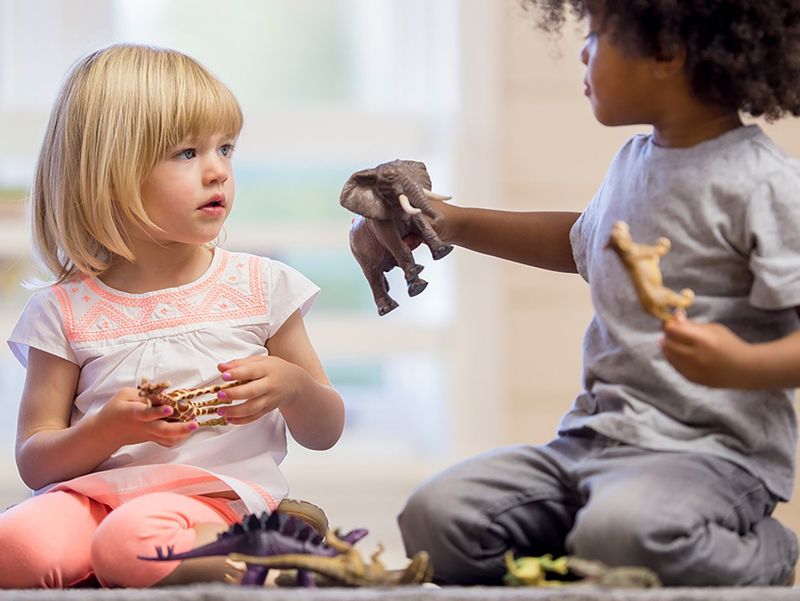
Gifted children often possess a profound ability to empathize with others. It’s not uncommon to see them comforting a friend or recognizing emotions in adults that even some grown-ups might miss. Their sensitivity to emotional cues enables them to connect on a deeper level.
This trait can be both a blessing and a challenge. While it allows them to form strong bonds, it may also lead to emotional overwhelm. They often feel for others intensely, which requires guidance to manage such intense feelings constructively.
5. Making unexpected connections between ideas
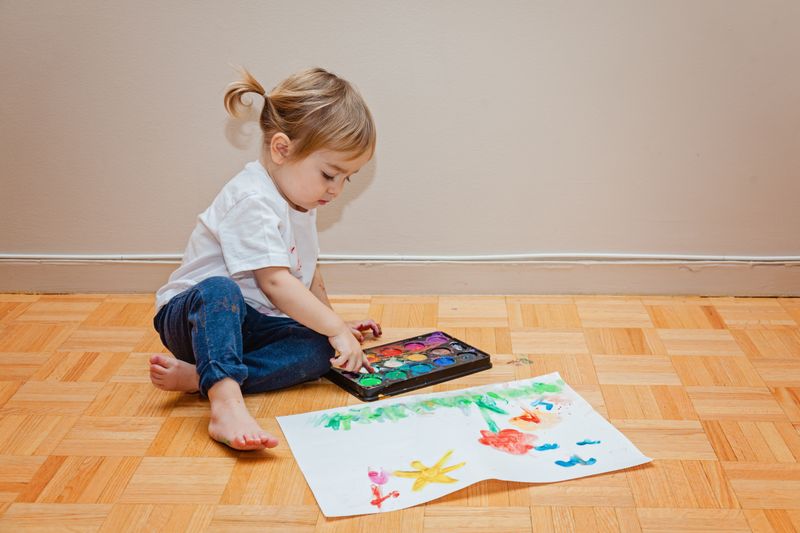
Gifted children have a knack for making connections between seemingly unrelated ideas. Their brains work like a network, linking concepts in innovative ways. This ability often results in creative solutions to problems or inventive approaches to learning.
While others might see disparate subjects, gifted children find the threads that tie them together. This unique perspective allows them to excel in areas that require a holistic understanding. Such connections can turn ordinary conversations into brainstorming sessions filled with exciting insights.
6. Preference for older or adult conversations

While their peers may chatter about cartoons, gifted children often gravitate towards more mature topics. They find conversations with adults or older kids more stimulating, as these discussions align with their intellectual level. It’s not just about understanding; it’s about engaging in meaningful dialogue.
These children might surprise adults with their insights, making them seem wise beyond their years. It’s as if they possess an old soul, finding joy in conversations that challenge their minds, providing both satisfaction and growth.
7. A quirky sense of humor beyond their years

Gifted children often develop a sophisticated sense of humor at a young age. They might enjoy puns, irony, or satire that goes over the heads of their peers. This unique humor reflects their advanced understanding and creative thinking.
Their jokes or witty remarks often catch adults by surprise, revealing a playful intelligence. These children find humor in unexpected places, enjoying wordplay and complex jokes that light up their curious minds. Such humor becomes a tool for social interaction and cognitive growth.
8. Resistance to repetitive or rote tasks

Gifted children often resist repetitive or rote tasks, finding them unstimulating. They thrive on challenges that require critical thinking rather than mere memorization. This resistance might be mistaken for laziness, but it’s their way of seeking meaningful engagement.
Such children might excel when given creative freedom or problem-solving opportunities. Their need for intellectual stimulation propels them towards tasks that allow them to explore and innovate, rather than those that require simple repetition.
9. Unusual problem-solving skills

Gifted children often demonstrate exceptional problem-solving skills. They approach challenges with creativity, finding solutions that others might overlook. Their ability to think outside the box allows them to tackle problems from unique angles.
These children might create new methods for completing tasks or devise inventive solutions in everyday situations. Their problem-solving prowess shows their ability to apply knowledge and adapt to new challenges, making them natural innovators.
10. Overactive imagination paired with logic
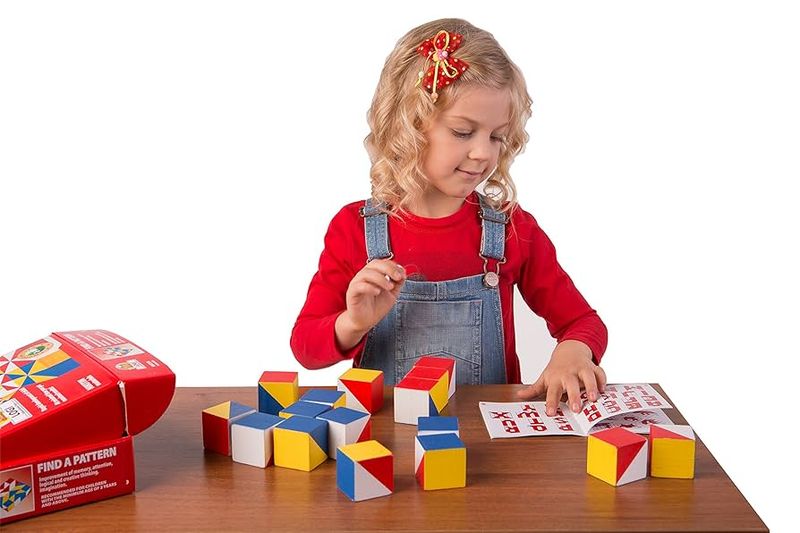
Gifted children often possess an imagination that’s vivid yet grounded in logic. They create fantastical worlds while ensuring that they make sense. Such creativity allows them to marry imagination with practicality, producing ideas that are both innovative and feasible.
This balance can lead to groundbreaking ideas in science, art, or storytelling, where their logical approach brings creativity to life. Their imagination drives them to explore new concepts while their logical thinking ensures these ideas have structure and purpose.
11. Self-criticism when they ‘fail’

Gifted children often hold themselves to high standards, which can lead to self-criticism when they perceive failure. Their intense desire to excel means they may be harder on themselves than others would be. This trait reflects their commitment to personal growth and excellence.
While this can drive improvement, it may also cause frustration or anxiety. These children benefit from guidance in balancing ambition with self-compassion, learning that setbacks are part of the journey towards success.
12. Sensory sensitivities in loud environments

Gifted children often experience heightened sensory sensitivities. Loud noises, bright lights, or chaotic environments can overwhelm them, leading to stress or discomfort. This sensitivity reflects their acute awareness of surroundings.
While sensory challenges can be difficult, understanding and accommodating their needs can improve focus and comfort. Providing quiet spaces or sensory breaks helps these children thrive, enabling them to engage fully without becoming overwhelmed.
13. High energy during creative play

Gifted children often exhibit high energy levels during creative play. Their enthusiasm and drive are unmatched when engaged in imaginative activities. This energy is channeled into art, building, or storytelling, where their creativity knows no bounds.
Their play is more than just fun; it’s a form of self-expression and exploration. Parents might notice their child spending hours engrossed in projects, reflecting their passion and imaginative spirit.
14. A love of patterns and systems

Gifted children often have an affinity for patterns and systems. They find joy in recognizing and creating patterns, whether in mathematics, language, or music. This analytical ability allows them to see the order in chaos and appreciate the beauty of structure.
Their love for patterns might manifest in hobbies like coding or music composition, where they explore systematic thinking. This trait highlights both their analytical mind and creative flair, driving them to seek knowledge and innovation.
15. Reluctance to participate in group work
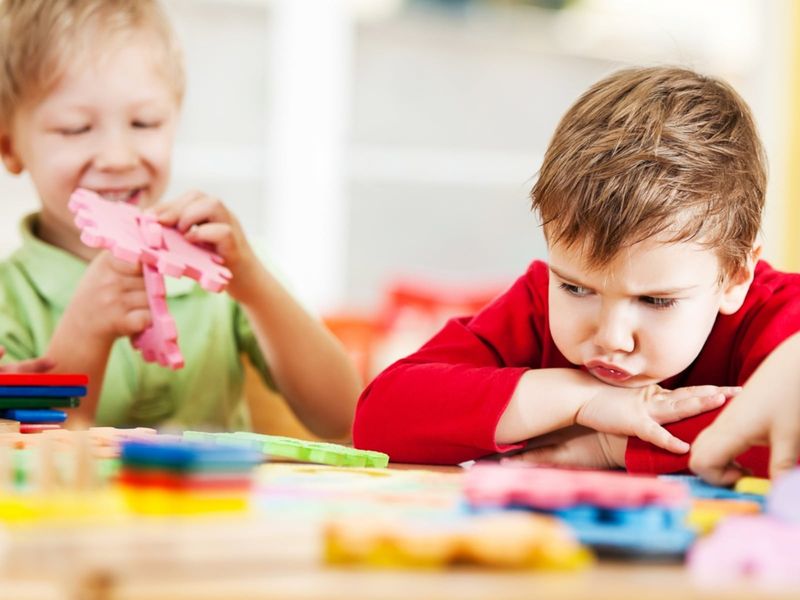
Gifted children often show reluctance towards group work, preferring independent tasks. This preference stems from their desire for autonomy and control over their learning environment. They may feel restricted by group dynamics, which can hinder their creativity.
While collaboration is valuable, these children thrive when given opportunities to work independently. Providing them with balanced choices between group and solo tasks helps them excel, ensuring their unique talents are nurtured effectively.
16. Disinterest in grade-based learning rewards

Gifted children often show disinterest in traditional grade-based rewards. They pursue knowledge for its own sake rather than recognition. This intrinsic motivation drives them to explore subjects deeply, beyond what is required for high marks.
Their focus is on mastery and understanding, rather than external validation. Encouraging this mindset fosters lifelong learning and intellectual curiosity, ensuring that their education is meaningful and engaging.
17. Questioning authority in thoughtful ways

Gifted children often question authority, but not out of defiance. Their inquiries stem from a desire to understand the “why” behind rules and decisions. This thoughtful questioning can lead to meaningful discussions and deeper insights.
Rather than dismissing rules, these children seek clarity and logic. Their curiosity drives them to explore all angles, encouraging both growth and understanding. Such questioning promotes critical thinking and helps them develop a well-rounded perspective.
18. Remembering small details no one else notices

Gifted children often have a knack for noticing small details that others overlook. Whether it’s the subtle change in a friend’s mood or the intricate patterns in nature, their keen observation reveals an acute awareness of their surroundings.
This ability to remember and analyze details enhances their learning and problem-solving skills. It allows them to draw unique insights and develop a deeper understanding of the world, showcasing the depth of their perceptiveness.







